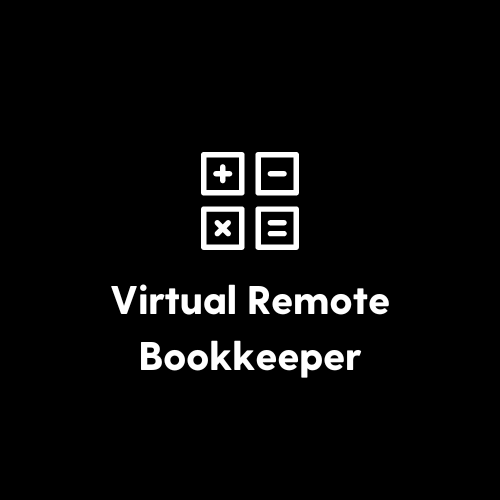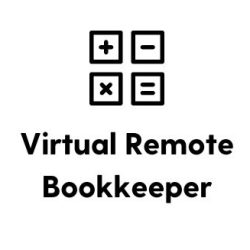
As a self-employed hairdresser, you focus on creating stunning hairstyles and providing excellent customer service. However, to maintain a successful business, understanding the basics of bookkeeping is equally crucial. Proper bookkeeping not only helps you keep track of your finances but also ensures you comply with tax regulations and make informed business decisions. In this blog post, we’ll explore essential bookkeeping tips specifically tailored for self-employed hairdressers.
Why Bookkeeping Matters for Hairdressers
Bookkeeping is the process of recording and managing all financial transactions related to your business. For self-employed hairdressers, maintaining accurate records is vital for several reasons:
- Tax Compliance: Keeping accurate financial records helps you file your taxes correctly and avoid penalties.
- Financial Health: Understanding your income and expenses allows you to assess your business’s profitability and identify areas for improvement.
- Business Planning: Detailed financial data helps you make informed decisions about pricing, inventory, and future investments.
Essential Bookkeeping Practices for Hairdressers
1. Choose the Right Bookkeeping Method
You can choose between two primary bookkeeping methods: cash basis and accrual basis.
- Cash Basis: This method records income and expenses when cash is received or paid. It’s simpler and often preferred by self-employed hairdressers.
- Accrual Basis: This method records income and expenses when they are earned or incurred, regardless of when cash is exchanged. It’s more complex but can provide a clearer picture of your financial situation.
2. Organize Your Financial Documents
To streamline your bookkeeping process, keep your financial documents organized. This includes:
- Invoices: Record all sales and services provided.
- Receipts: Keep receipts for all business-related expenses, including supplies, equipment, and marketing.
- Bank Statements: Regularly review your bank statements to reconcile your records.

3. Use Bookkeeping Software
Investing in reliable bookkeeping software can save you time and reduce errors. Some popular options include:
- QuickBooks: A comprehensive accounting software suitable for small businesses.
- FreshBooks: Designed for freelancers and self-employed individuals, FreshBooks is user-friendly and ideal for tracking time and expenses.
- Wave: A free accounting software option that offers invoicing and receipt scanning.
4. Track Your Income and Expenses
Create a system to monitor your income and expenses regularly. You can use spreadsheets or bookkeeping software to categorize your transactions. This will help you:
- Understand your cash flow.
- Identify your most profitable services.
- Track your business growth over time.
5. Set Aside Money for Taxes
As a self-employed hairdresser, you are responsible for paying your own taxes. To avoid surprises during tax season, set aside a percentage of your income (typically 25-30%) for tax payments. Consider opening a separate savings account to keep your tax funds organized.
6. Consult a Professional
If bookkeeping feels overwhelming, consider hiring a professional bookkeeper or accountant. They can help you set up your bookkeeping system, ensure compliance with tax laws, and provide valuable financial advice.
Conclusion
Mastering the basics of bookkeeping is essential for self-employed hairdressers looking to build a successful business. By implementing these practices, you’ll be well on your way to maintaining accurate financial records, making informed decisions, and ultimately enhancing your salon’s profitability. Remember, staying organized and proactive with your bookkeeping will allow you to focus on what you love most—creating beautiful hairstyles for your clients.


